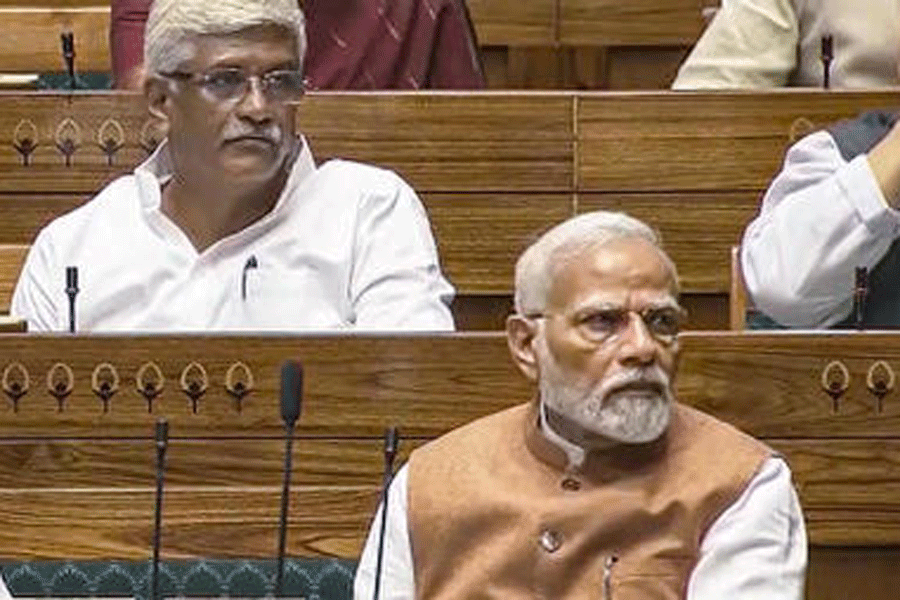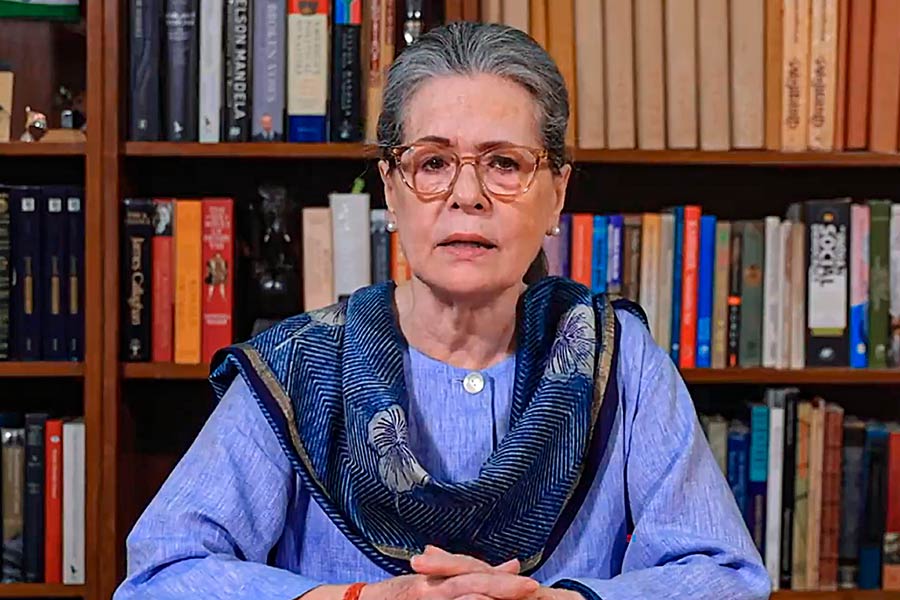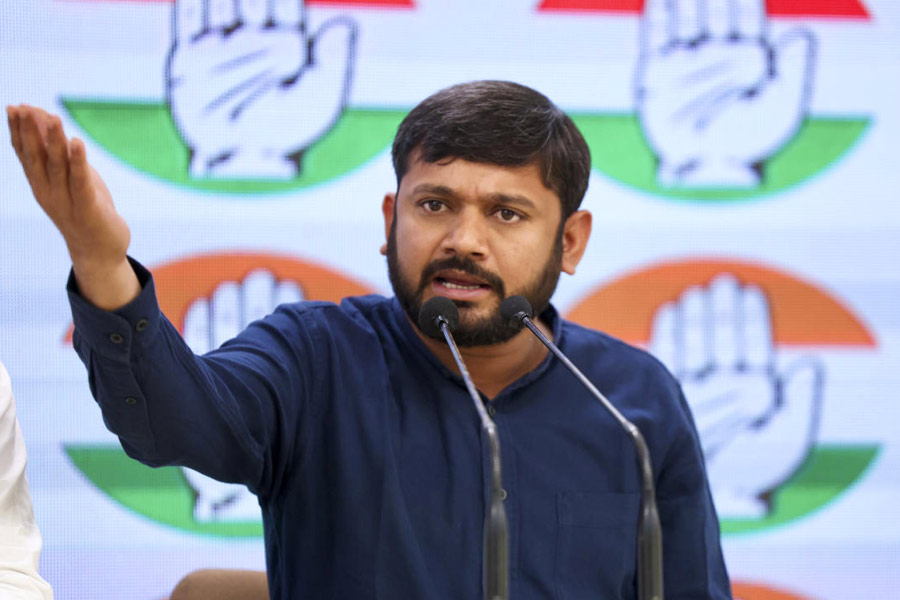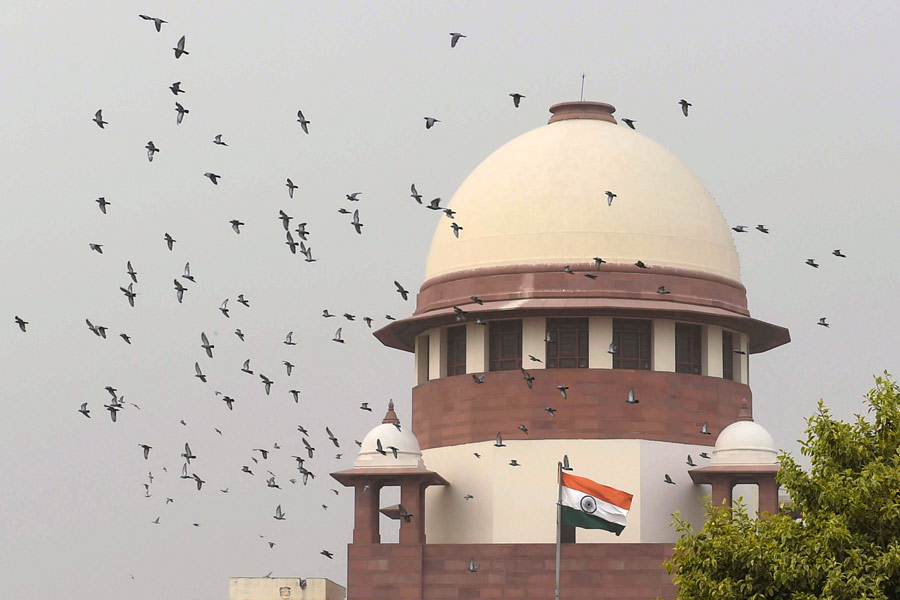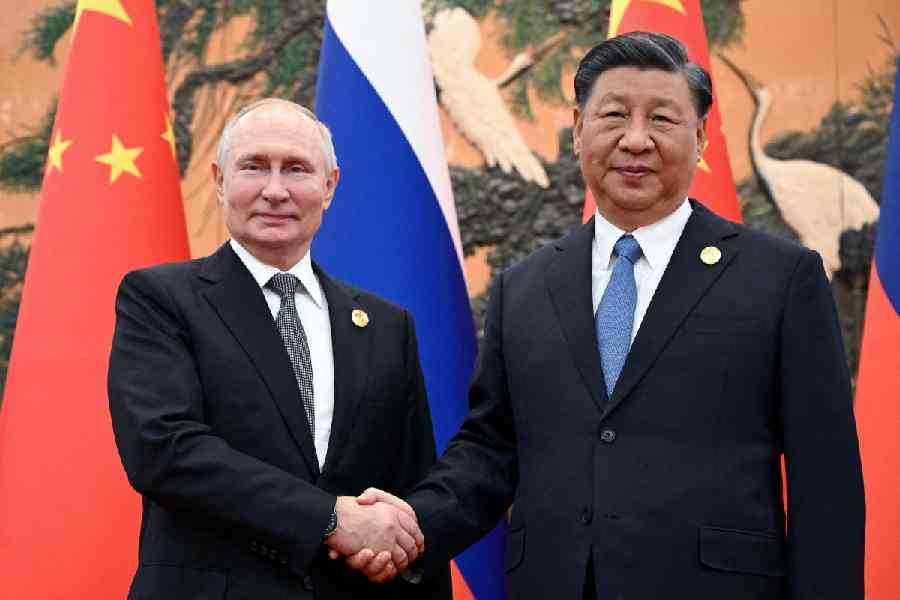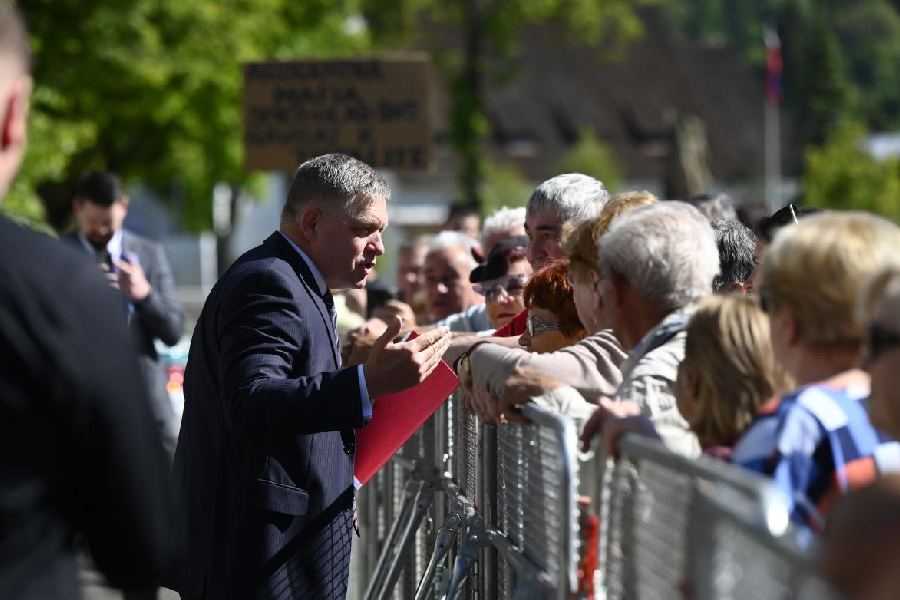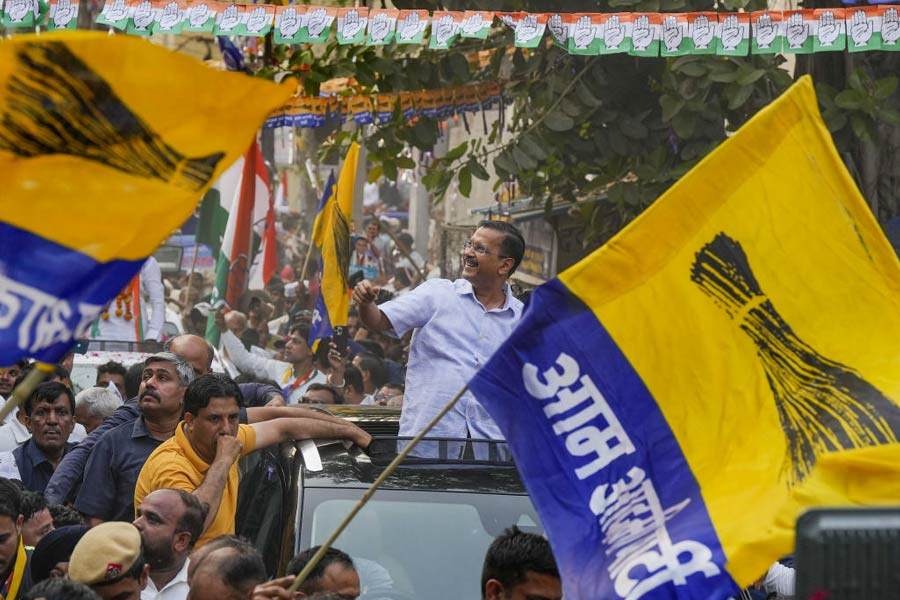The Lok Sabha on Wednesday passed the bill to reserve 33 per cent of seats in Parliament and legislatures for women amid misgivings and dismay over the delayed implementation even as all the parties hailed the revolutionary legislation that will change India's political landscape.
The idea of women’s reservation that evoked overwhelming support for the last few decades could have become a reality much earlier but the political class dithered because of multiple concerns. While the previous Manmohan Singh government couldn’t enact the law despite passing the bill in the Rajya Sabha in March 2010 as its allies pressed for OBC reservation, the Narendra Modi government with a brute majority didn’t face any such disability.
The government finally chose to pass the bill in its 10th year with several conditions, diluting the celebratory responses because the seats cannot be reserved before the 2029 general election.
Replying to the debate, law minister Arjun Ram Meghwal said the law would have faced legal hurdles had the constitutional obligations of census and delimitation not been adhered to. He said the outcome of the Prime Minister’s vision of “women-led development” will be visible in 2047, the date this government has earmarked for making India a developed nation. While 454 MPs supported the bill, only two opposed it.
Congress communications chief Jairam Ramesh, however, contested the government’s perception that reservation could not have been implemented now because of constitutional hurdles. He said: “The speakers from the BJP in the Lok Sabha are falling over backwards to explain that they are following the Constitution with regards to the provision for delimitation only after the first census post-2026. But they will fail to explain why implementing women’s reservation needs to be connected to delimitation in the first place?”
He added: “The BJP after all supported the bill in 2010 without imposing any such conditions. This is nothing but the Prime Minister desperately trying to encash votes of women without actually implementing their reservation in the 2024 elections!”
Home minister Amit Shah also dealt with this question, saying the Delimitation Commission, which is a quasi-judicial body, will identify the 33 per cent constituencies, a process that could not have been bypassed. Nishikant Dubey, who initiated the debate on behalf of the BJP, contended that the census was delayed because of Covid, a two-year phase when “Modi was busy protecting the 140 crore people”.
Shah insisted the government at least made a beginning, wondering why was the bill not passed all these years. Portraying Modi as a leader committed to women’s empowerment since his days as the chief minister of Gujarat, he recalled how he played a critical role in compelling the BJP to give representation to women in the BJP and pushed for the Beti bachao-beti padhao agenda. Like most other BJP speakers, he also mentioned the construction of toilets and the cooking gas cylinder scheme to vindicate the claim of Modi’s pro-women credentials.
Most of the BJP speakers, including Shah, relied on mythical characters like Durga, Saraswati and Lakshmi to stress the Indian culture and tradition of “worshipping women” while ignoring the barbaric crimes that Indian women face every day. Many Opposition leaders pointed to NCRB data to show how the crimes against women were rising across the country.

